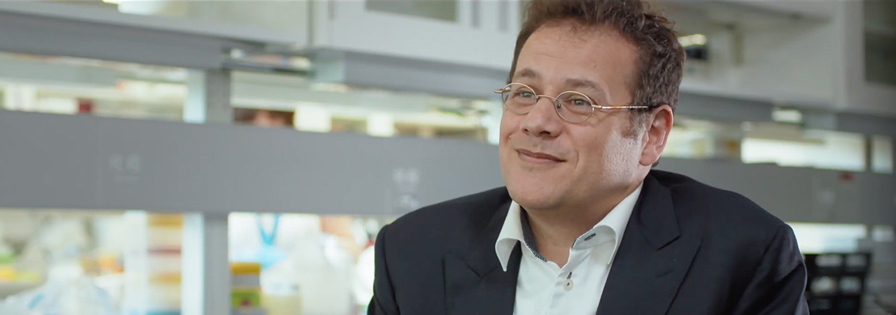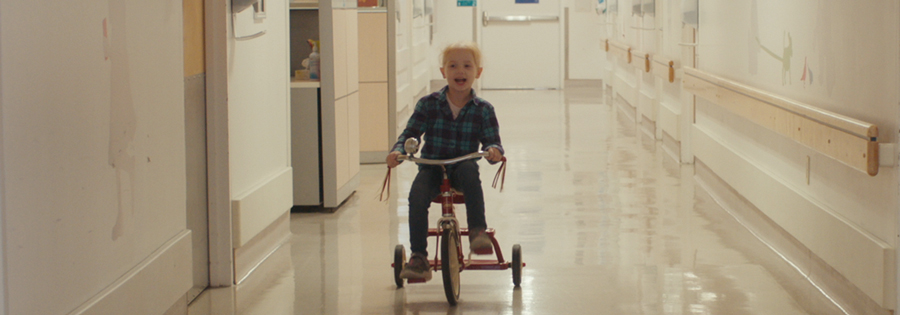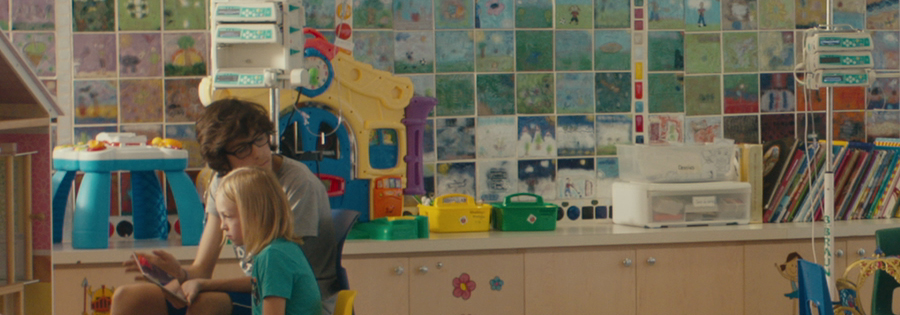Because we still have a long way to go...
3:39 minutes
Léa and Alexe are best friends. Nothing could come between them, not even Alexe’s battle with cancer. That’s because, in spite of the difficulties and the devastating recurrences, they are not giving up hope thanks to people like Léa’s father, who has dedicated himself to the cause by riding a bicycle year-round in support of the Tour CIBC Charles-Bruneau.















